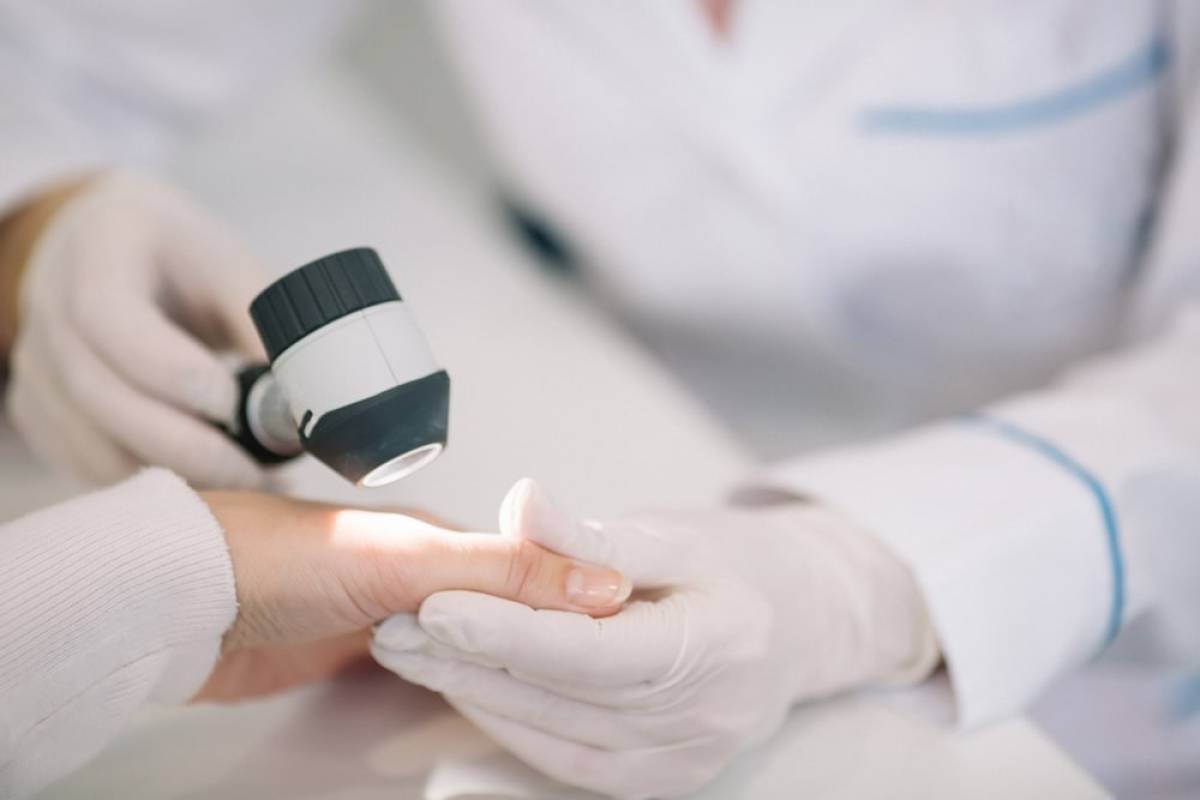
Herpes Zoster
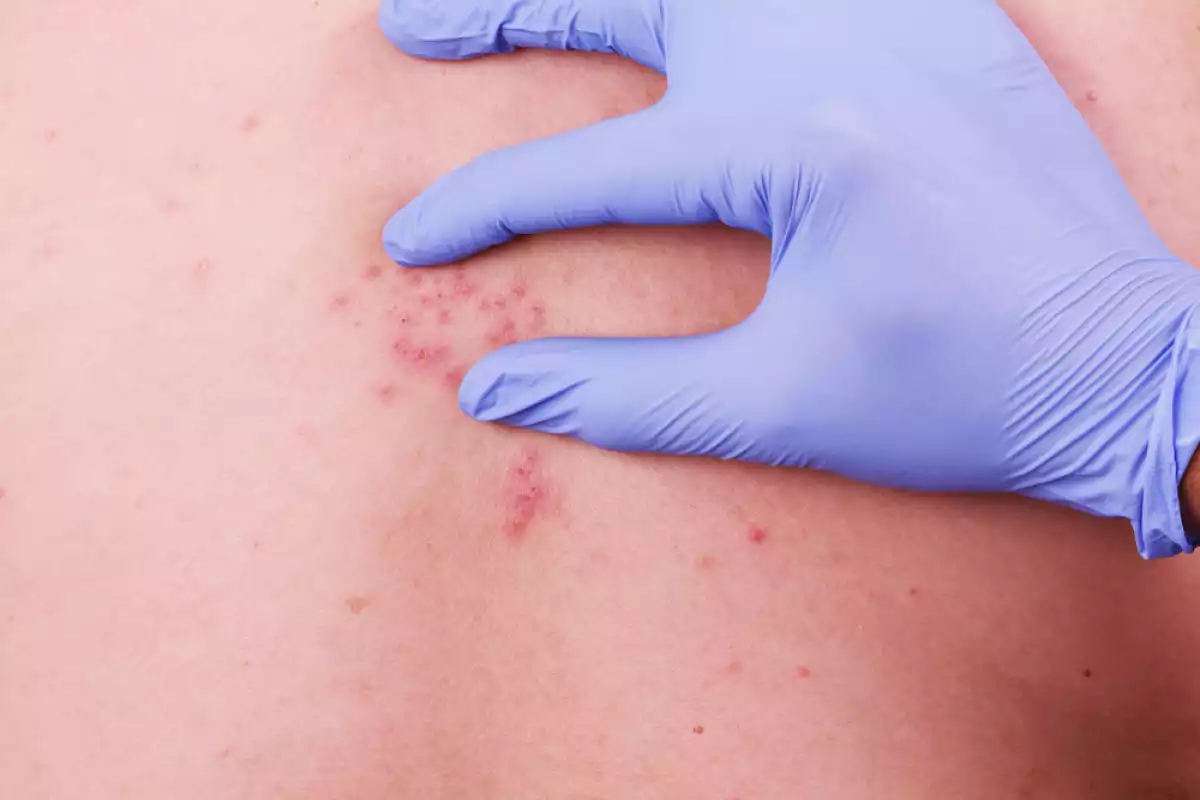
One virus two diseases and in two different phases of our life...
In biology, anything is possible. The truth of the matter confirms the fact that the virus that causes herpes zoster (VZV) is the same as the virus that causes chickenpox.
People who "get" chickenpox will harbor the virus in their bodies inactive for the rest of their lives.
After many years the virus can reactivate and cause shingles, a disease that is often not life-threatening, but painful.

Who does Herpes Zoster affect?
Herpes zoster can potentially affect anyone who has had chickenpox, but the chance of getting it increases with age.
However, this does not exclude the fact that it can also occur in young people.
Symptoms
Pain is the most common symptom that appears in the initial stage and is usually followed by a bright red rash, which appears on one side of the body (left or right) or face.
Other symptoms that may occur are:
- blisters with fluid that open and crust over
- itch
- fever
- headache
- chills
- stomach disorders
Herpes Zoster: Photos
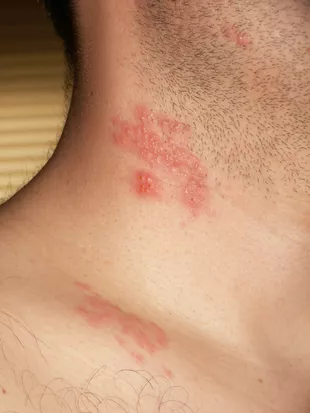
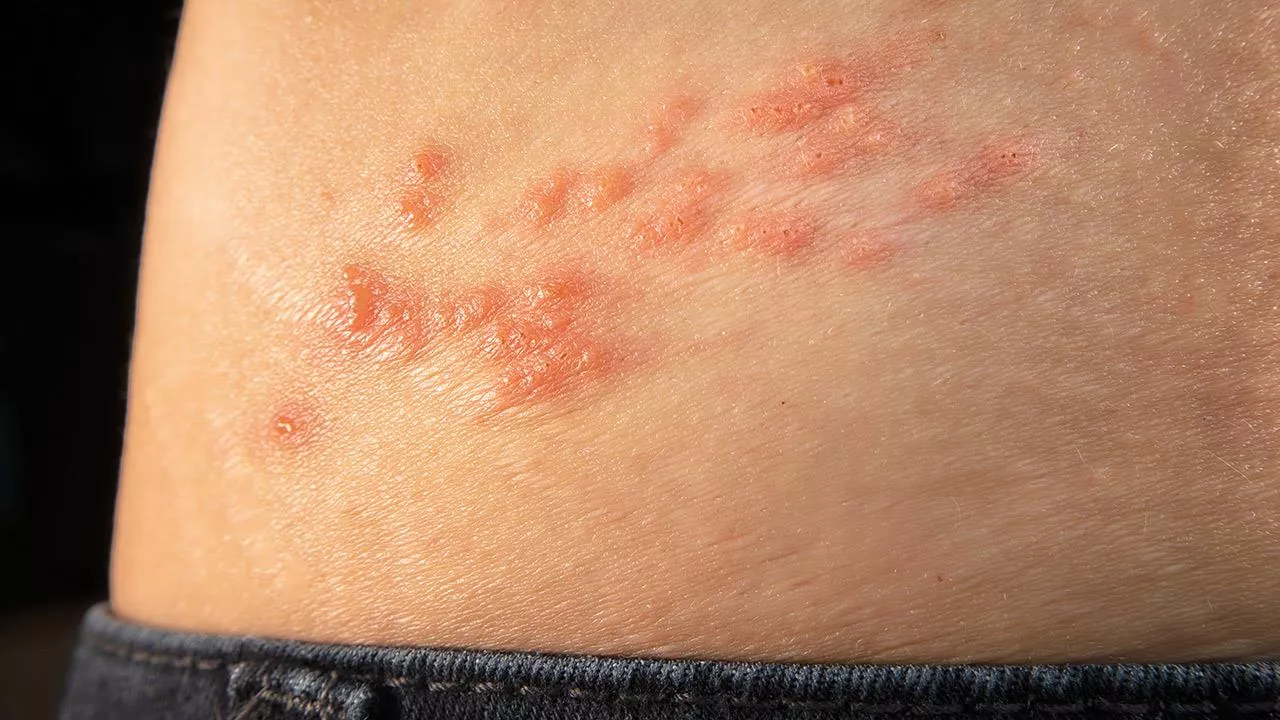
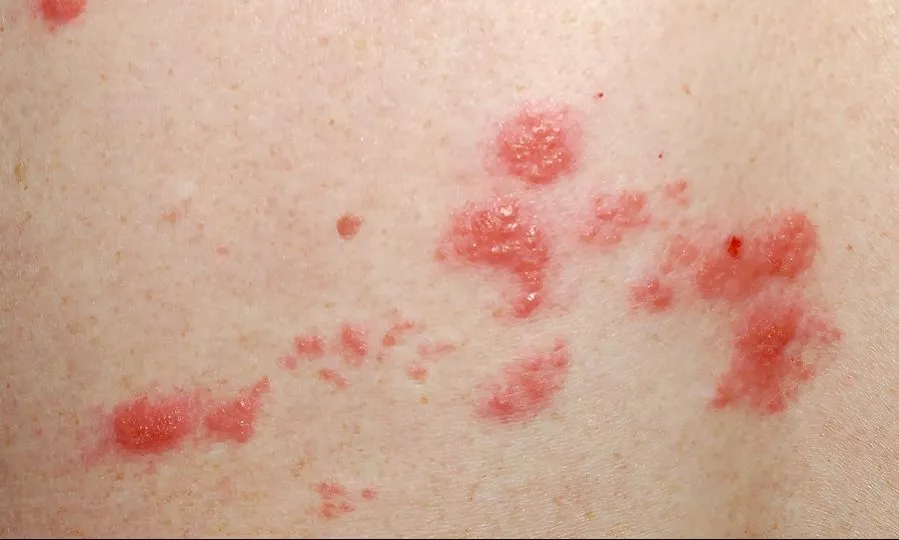
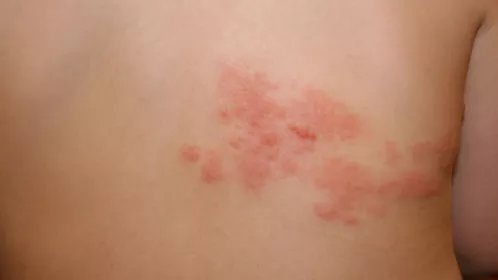
Transmission of Herpes Zoster
If someone suffers from herpes zoster and has "open" blisters then they can transmit chickenpox, and not herpes zoster, to people who have not had chicken pox and have not had the corresponding vaccine.
Conversely, a patient with chickenpox cannot transmit herpes zoster.
The disease is not contagious before the blisters appear and crusts form.
People with chickenpox spread VZV more easily than people with herpes zoster.
Diagnosis
If you suspect you have herpes zoster you should contact your dermatologist.
A visit to the doctor is essential, as the symptoms of herpes zoster are similar to other medical conditions.
The diagnosis is usually made by clinical examination and history taking, while the doctor may also request tissue or material examination of the blisters in the laboratory.
Herpes Zoster Treatment
There is no cure for the virus.
But the doctor can give treatment in order to heal the rashes faster and limit complications, which, in addition to postherpetic neuralgia, can be:
- skin infections
- neurological problems
- vision loss

Chickenpox
Chickenpox is a disease more common in children, but it also affects adults.
Blisters (pimples with liquid) are characteristic of the symptoms of chickenpox.
Symptoms in children usually resolve within 1 to 3 weeks without the need for treatment, however evaluation by a pediatrician is always necessary.
Short nails, soothing creams, maybe even an antihistamine is often enough until the childhood illness "comes full circle".
In adults, pregnant women, teenagers, and infants, chickenpox can be more severe.
Vaccine Prevention
The chickenpox vaccine is included in our country's national childhood vaccination program and is effective and safe against the disease and its complications.
Also, the herpes zoster vaccine is a key means of preventing the disease.
The herpes zoster vaccine is recommended for all adults ages 60 to 75 regardless of whether or not they have had herpes zoster in the past.
Talk to your doctor about when you can get the herpes zoster vaccine, which can protect you from the effects and severity of the disease.


